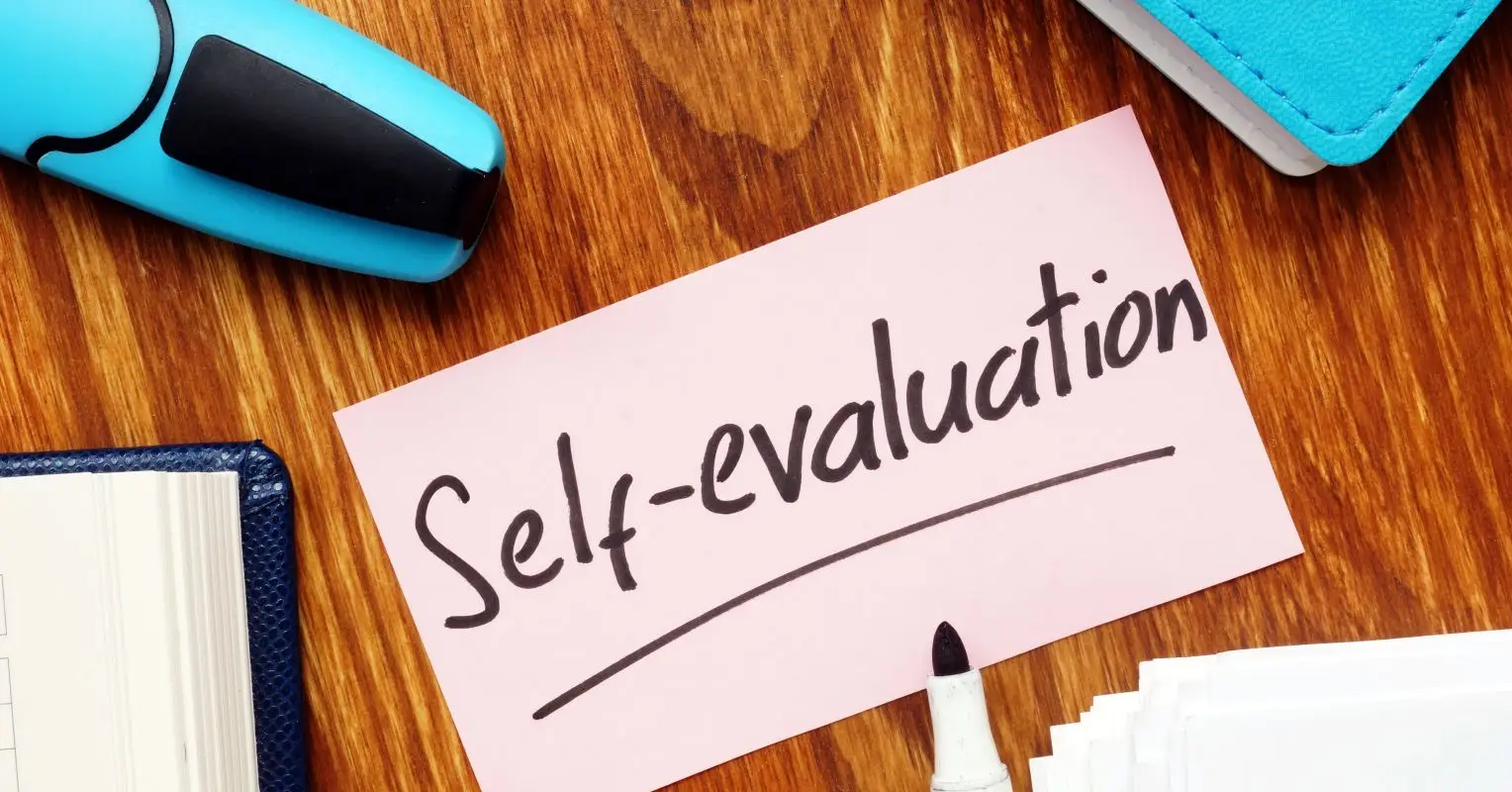A Pathway to personal growth
 Self-evaluation
Self-evaluation
Self-evaluation is a crucial tool for personal development, helping individuals to understand their strengths, identify areas for improvement, and set realistic goals. For youth, mastering the art of evaluation can significantly impact their academic, social, and emotional growth. Here’s why its essential and how young people can effectively incorporate it into their lives.
Understanding Self-Evaluation
Self-evaluation involves assessing one’s own performance, behaviors, and attitudes to gain insight into personal effectiveness and areas for growth. It is a reflective process that encourages individuals to think critically about their actions and decisions.
The Importance of Self-Evaluation
- Promotes Self-Awareness: This fosters a deeper understanding of one’s abilities, values, and motivations. It helps individuals recognize their strengths and weaknesses, leading to better self-awareness.
- Encourages Accountability: By regularly evaluating their performance, individuals become more accountable for their actions. This accountability promotes a sense of responsibility and ownership over one’s learning and personal development.
- Enhances Learning and Growth: Self-evaluation provides a structured approach to learning from experiences. By reflecting on successes and failures, individuals can identify what works and what doesn’t, paving the way for continuous improvement.
- Boosts Confidence: Understanding one’s strengths and achievements through self-evaluation can boost self-confidence. It reinforces a positive self-image and motivates individuals to pursue their goals with determination.
- Facilitates Goal Setting: Evaluating oneself helps in setting realistic and achievable goals. By understanding current capabilities and areas needing improvement, individuals can set specific, measurable, attainable, relevant, and time-bound (SMART) goals.
Steps to Effective Self-Evaluation
- Set Clear Objectives: Begin by setting clear objectives for what you want to achieve in various areas of your life, such as academics, extracurricular activities, or personal habits.
- Reflect Regularly: Make self-evaluation a regular practice. Set aside time weekly or monthly to reflect on your progress towards your objectives.
- Ask the Right Questions: Use guiding questions to evaluate your performance. Some examples include:
- What did I do well?
- What challenges did I face?
- How did I overcome these challenges?
- What could I have done differently?
- What skills or knowledge do I need to improve?
- Seek Feedback: While self-evaluation is a personal process, seeking feedback from teachers, mentors, or peers can provide valuable external perspectives. Constructive feedback can help identify blind spots and areas for improvement.
- Document Your Reflections: Keep a journal or use a digital tool to document your reflections. Writing down your thoughts helps in organizing your evaluation process and tracking your progress over time.
- Create an Action Plan: Based on your self-evaluation, develop an action plan to address areas needing improvement. Outline specific steps and strategies to achieve your goals.
Incorporating Evaluation in Different Areas
- Academics: Evaluate your study habits, time management, and academic performance. Identify subjects where you excel and those where you need additional support. Use this information to adjust your study plans and seek help when necessary.
- Extracurricular Activities: Reflect on your participation and performance in extracurricular activities. Consider how these activities contribute to your personal growth and what skills you are developing.
- Personal Development: Assess your personal habits, such as organization, punctuality, and self-discipline. Identify habits that enhance your productivity and those that hinder your progress.
- Social Interactions: Evaluate your relationships and social skills. Reflect on how you communicate, collaborate, and resolve conflicts with others. Identify ways to improve your interpersonal skills.
Overcoming Challenges in evaluating oneself
- Be Honest and Objective: It can be challenging to objectively evaluate oneself. Strive for honesty and avoid being overly critical or lenient.
- Embrace Mistakes as Learning Opportunities: Instead of viewing mistakes as failures, see them as opportunities for learning and growth. Use them to identify areas for improvement and develop resilience.
- Stay Motivated: Self-evaluation requires consistency and commitment. Stay motivated by celebrating small victories and acknowledging your progress.
Conclusion
Self-evaluation is a powerful tool for personal growth, promoting self-awareness, accountability, and continuous improvement. By incorporating regular evaluation into their routines, young individuals can enhance their learning, set realistic goals, and build confidence. Embracing this reflective practice empowers them to take control of their personal development journey, laying a strong foundation for future success.
Share this content:





















Post Comment